Copyright Danny Gallagher, 2018
All rights reserved. No part of this publication may be reproduced, stored in a retrieval system, or transmitted in any form or by any means, electronic, mechanical, photocopying, recording, or otherwise (except for brief passages for purpose of review) without the prior permission of Dundurn Press. Permission to photocopy should be requested from Access Copyright.
Cover design: Ron Beltrame
Printer: Webcom
Library and Archives Canada Cataloguing in Publication
Gallagher, Danny, 1950-, author
Blue Monday: the Expos, the Dodgers, and the home run that changed everything / Danny Gallagher; foreword by Larry Parrish.
Includes bibliographical references and index.
Issued in print and electronic formats.
ISBN 978-1-4597-4187-4 (softcover).--ISBN 978-1-4597-4188-1 (PDF).--ISBN 978-1-4597-4189-8 (EPUB)
1. Baseball--United States--History--20th century. 2. Home runs (Baseball). 3. Monday, Rick, 1945-. 4. Rogers, Steve, 1949-. 5. Montreal Expos (Baseball team)--History. 6. Los Angeles Dodgers (Baseball team)--History. I. Title.
| GV868.4.G35 2018 | 796.357097309048 | C2018-903354-1 |
| C2018-903355-X |
1 2 3 4 5 22 21 20 19 18
We acknowledge the support of the Canada Council for the Arts, which last year invested $153 million to bring the arts to Canadians throughout the country, and the Ontario Arts Council for our publishing program. We also acknowledge the financial support of the Government of Ontario, through the Ontario Book Publishing Tax Credit and the Ontario Media Development Corporation, and the Government of Canada.
Nous remercions le Conseil des arts du Canada de son soutien. Lan dernier, le Conseil a investi 153 millions de dollars pour mettre de lart dans la vie des Canadiennes et des Canadiens de tout le pays.
Care has been taken to trace the ownership of copyright material used in this book. The author and the publisher welcome any information enabling them to rectify any references or credits in subsequent editions.
J. Kirk Howard, President
The publisher is not responsible for websites or their content unless they are owned by the publisher.
Printed and bound in Canada.
VISIT US AT
 dundurn.com
dundurn.com
 @dundurnpress
@dundurnpress
 dundurnpress
dundurnpress
 dundurnpress
dundurnpress
Dundurn
3 Church Street, Suite 500
Toronto, Ontario, Canada
M5E 1M2
To Gerry Snyder, Charles Bronfman, John McHale, Jim Fanning, and Harry Renaud, five instrumental figures in the formation of the Expos. Most people know who Bronfman, McHale, and Fanning are, but Snyder and Renaud probably need some explanation. Snyder was the Montreal city councillor who spent a lot of time attending National League meetings and lobbying team owners in the 1960s about the merits of baseball in Montreal. He doesnt get enough credit for Montreals success in obtaining a franchise in May of 1968. Renaud was the teams secretary-treasurer and CFO from day one through to July of 1981.
CONTENTS
Foreword
Hi folks, this is L.P. This book of Dannys covers the late 1970s leading up to the 1981 season, which includes Blue Monday. It covers the plots and subplots that every team goes through to reach their goal. In your life, when things are happening, you arent aware a lot of times how important the event you are going through affects your life and the people around you.
I know that I was raised in a small town in the South, and without baseball I never would have experienced the community and culture of a city like Montreal. I know I was affected by a couple of Mels, and their memories will still be a part of Expos history.
The first Mel was Mel Didier. He was the Expos farm system director in the early 1970s. I know he was the reason I signed with Montreal. He was baseball through and through. I can still remember him giving us a talk when we all got together after the 1972 draft. He used the word podnuh (partner) a lot, and I remember him saying, Podnuh, Im going to look you eyeball to eyeball and belly button to belly button. And he was always true to those words.
The second Mel was Mel Yas. He and his wife Shirley had great hearts and helped a lot of young men and their families when they came to Montreal. They drove you around and helped you look for living quarters and just aided so many Expos in the 1970s.
I remember the different men I played with. A baseball team is made up of people from so many backgrounds people from Latin America, the United States, Canada, Japan, and throughout the world. How they get along, learn from each other, and strive for one goal is a pretty good lesson in life.
Then, here in the United States, we had inner-city kids linked together with some kids from the South. It seems like a big difference, but when you get to know each other, you realize people are just the same. I know because I am one of those kids. I started my career with Ellis Valentine. He was a high draft pick out of the Los Angeles area and I was a small-town kid from the South, but as we played together and I got to know his parents and he got to know mine, over the years, we formed a bond that is still there today.
You know, you remember that we had some great players with the Expos. We had Hall of Famers. We had the Kid, the Hawk, and Rock. But we also had Cy, Doggie, Cro, Cool Breeze, Waxo, Gully, Scotty, Eli, and, of course, the Spaceman. All of these guys were pretty darn good, too.
As you can tell, I do love reliving those days. Hopefully, all of you will, too.
Larry Parrish
October 17, 2017
Fort Gaines, Georgia
Introduction
From 1969 to 2004, the Montreal Expos were a mainstay in Major League Baseball, although barely, at the end, before their departure to Washington, DC.
Montreal has been too long without a Major League Baseball club.
During the strike-shortened 1981 season, the Expos captured the hearts of Canadian baseball fans by making the playoffs for the only time in franchise history. Even though the Toronto Blue Jays were in the midst of their fifth season, they didnt yet enjoy the lofty status in Canada that the Expos had.
The Expos played 10 playoff games that October, only to be rocked on Blue Monday, the 19th, late in the afternoon, by a player named Monday. Rick Monday.
That depressing day for Montreal fans, executives, and players has left an indelible mark on the citys baseball history. Thats why its called Blue Monday.
Typically, any Monday may be blue. The first day of work after a weekend off for most people around the world, Monday can be depressing. Monday blues, some people call it.
Historically, people believe that the bluest Mondays typically take place in January, which is one of the bleakest months of the year because in this hemisphere winter has taken its hard grip. But Expos followers have a special reason to get discouraged by I Dont Like Mondays by the British band the Boomtown Rats. Monday, Monday by the Mamas & the Papas must be equally maddening. Then theres Manic Monday, written by Prince and recorded by the Bangles, about a girl not wanting to go to work on Monday and preferring Sunday, her I dont-have-to-run-day.

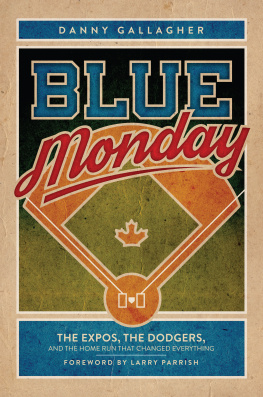
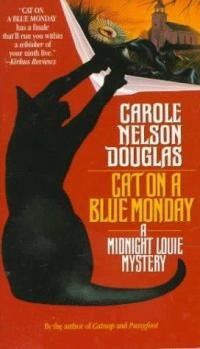
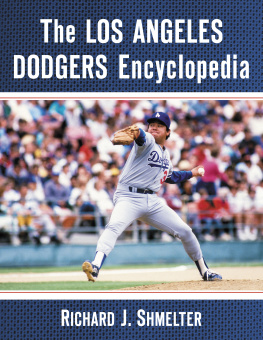
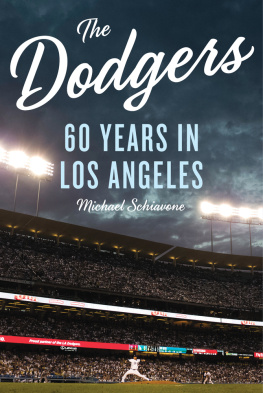
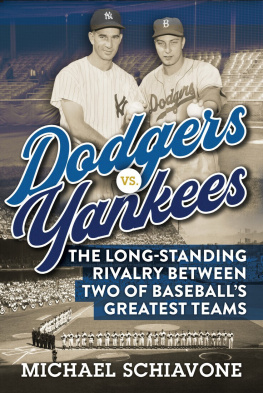
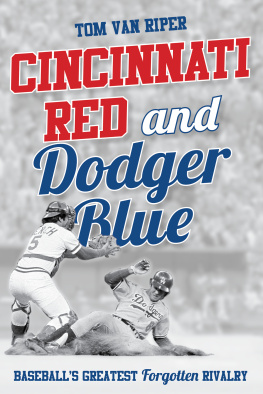
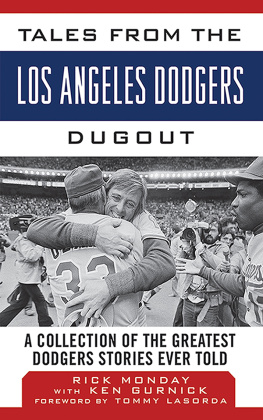

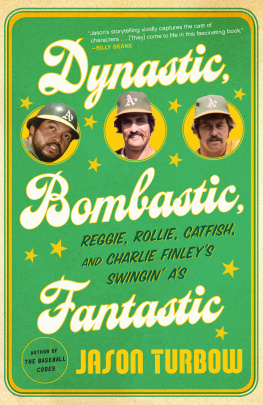
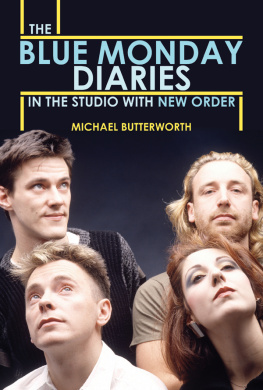
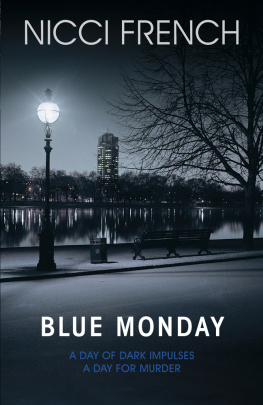
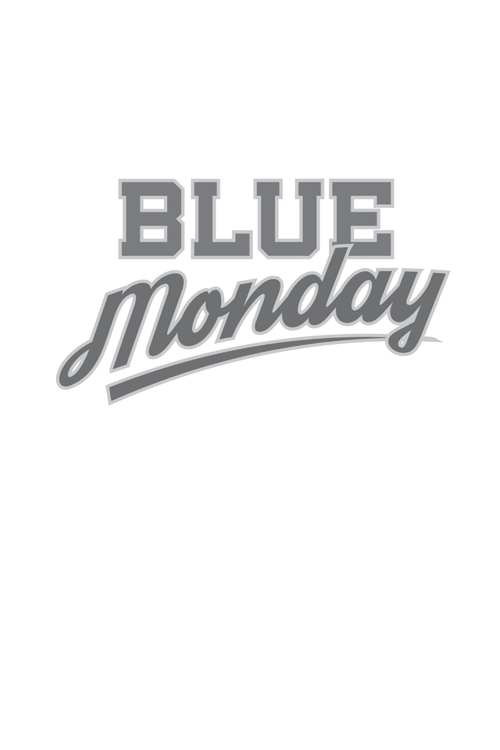


 dundurn.com
dundurn.com @dundurnpress
@dundurnpress dundurnpress
dundurnpress dundurnpress
dundurnpress